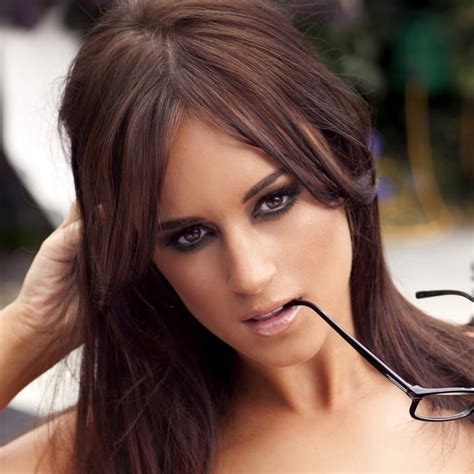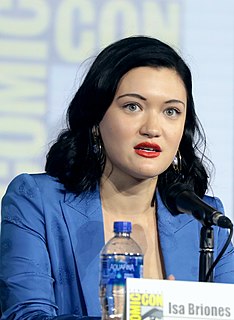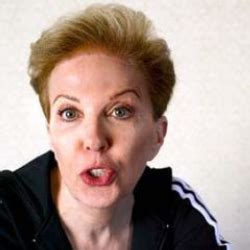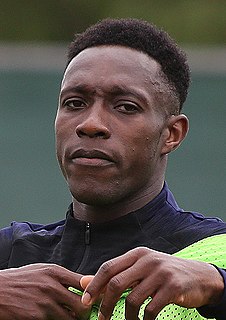A Quote by Stella Young
For me, and for many other people with disabilities, our status as disabled people is one of which we are fiercely proud.
Related Quotes
Part of the problem with the word 'disabilities' is that it immediately suggests an inability to see or hear or walk or do other things that many of us take for granted. But what of people who can't feel? Or talk about their feelings? Or manage their feelings in constructive ways? What of people who aren't able to form close and strong relationships? And people who cannot find fulfillment in their lives, or those who have lost hope, who live in disappointment and bitterness and find in life no joy, no love? These, it seems to me, are the real disabilities.
A lot of society tries to put people with disabilities into one cube, and when you think about it, many, many people have different types of disabilities, and you cannot put a code that applies to towards everyone - generally, they can be guidelines, but in the long run, interior designers and architects need more education on the subject.
A lot of society tries to put people with disabilities into one cube, and when you think about it, many, many people have different types of disabilities, and you cannot put a code that applies towards everyone - generally, they can be guidelines, but in the long run, interior designers and architects need more education on the subject. That's what's missing.
Despite our founding principles and the many ways our constitution has protected individual liberties, we do, let's admit it, have a long history of shutting people out--african americans, women, gays and lesbians, people with disabilities--and throughout our history, we have found too many ways to divide and exclude people from their ownership of the law and protection under the law.
It is not a question of patronizing philanthropy towards disabled people. They do not need the patronage of the non-disabled. It is not for them to adapt to the dominant and dominating world of the so-called non-disabled. It is for us to adapt our understanding of a common humanity; to learn of the richness of how human life is diverse; to recognize the presence of disability in our human midst as an enrichment of our diversity.
































